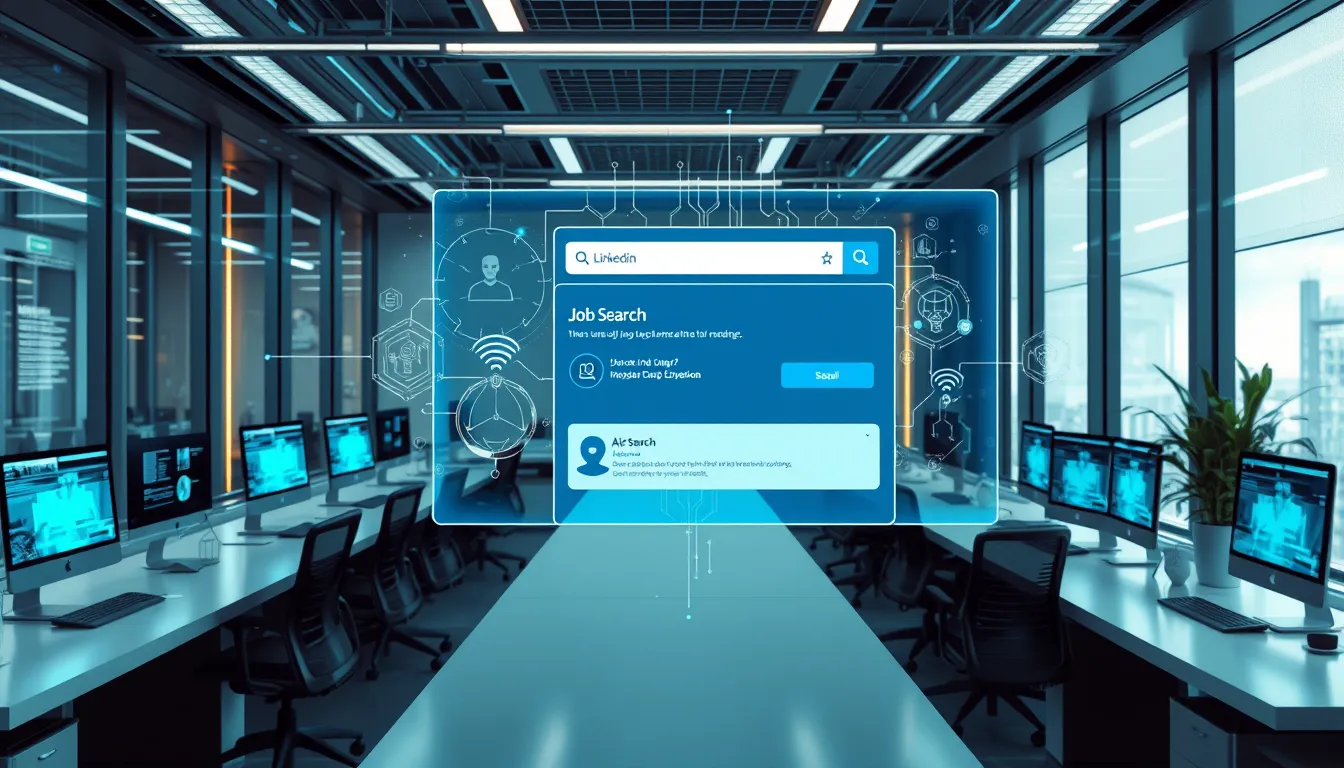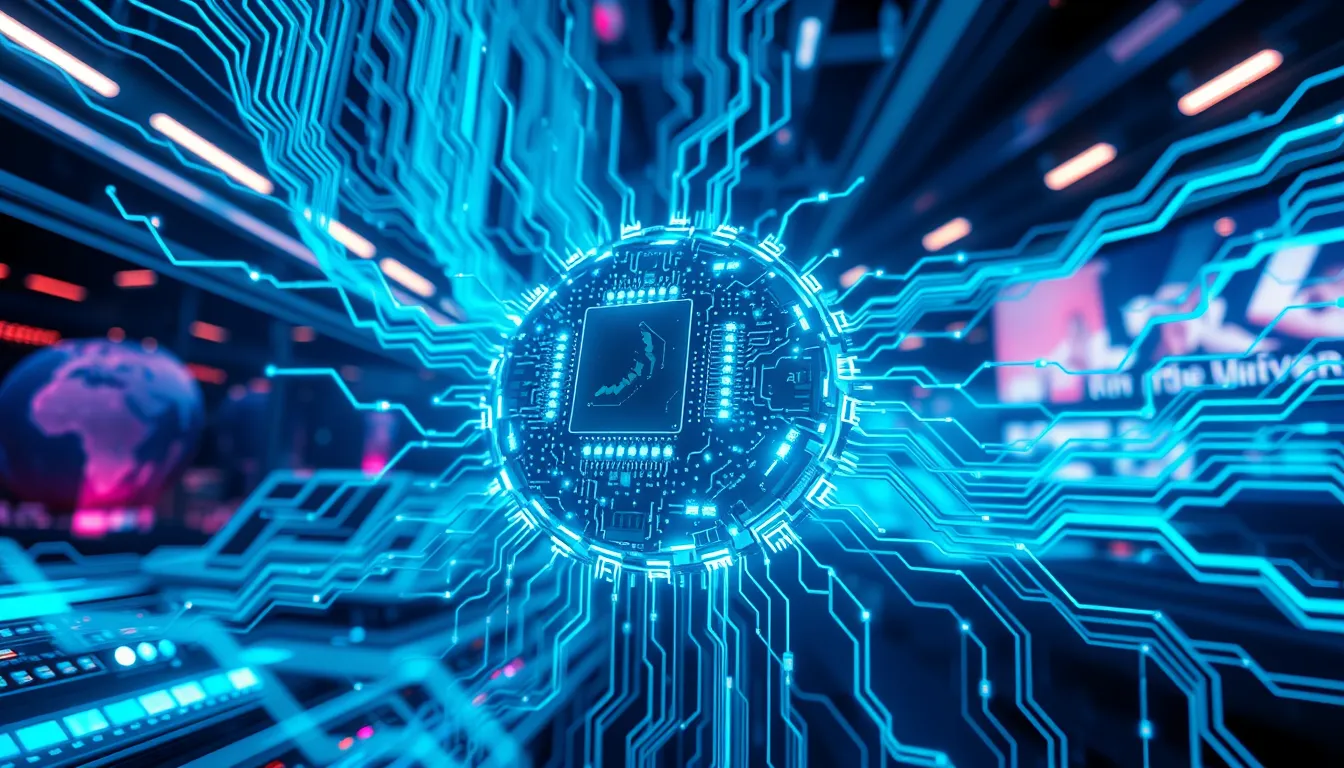Now Reading: Powerful AI in Healthcare Diagnostics: Boosting Patient Care
-
01
Powerful AI in Healthcare Diagnostics: Boosting Patient Care
Powerful AI in Healthcare Diagnostics: Boosting Patient Care

Powerful AI in Healthcare Diagnostics: Boosting Patient Care
In recent years, the integration of AI in healthcare diagnostics has transformed the way medical professionals approach patient care. This revolutionary technology leverages machine learning and advanced algorithms to enhance diagnostic accuracy and streamline treatment procedures. In this article, we delve into the benefits, challenges, and future of AI in healthcare diagnostics, highlighting its impact on medical imaging, disease prediction, and diagnostic accuracy.
The Evolution and Importance of AI in Healthcare Diagnostics
Artificial Intelligence is no longer a futuristic concept—it’s a present-day reality reshaping the landscape of medical care. The primary focus of AI in healthcare diagnostics is to improve outcomes by reducing human error, accelerating diagnosis, and personalizing treatment plans. With technologies continuously evolving, the role of AI in healthcare diagnostics has expanded significantly. Clinicians now rely on AI tools to sift through huge amounts of data, ultimately providing patients with faster and more reliable diagnoses.
One of the key advantages of AI in healthcare diagnostics is its ability to improve medical imaging. For example, AI algorithms can analyze X-rays, MRIs, and CT scans with incredible precision, often detecting subtle anomalies that human eyes might miss. This early detection is crucial for conditions such as cancer, where early diagnosis can significantly increase survival rates.
How AI in Healthcare Diagnostics Enhances Diagnostic Accuracy
The advanced systems behind AI in healthcare diagnostics not only streamline processes but also improve the overall accuracy of diagnosis. Here are some of the ways AI is making a difference:
- Early Detection: AI tools can identify patterns and indicators in diagnostic images that may be overlooked during manual reviews.
- Reduced Diagnostic Errors: By minimizing human error, AI in healthcare diagnostics ensures that patients receive a more consistent and accurate diagnosis.
- Enhanced Decision Support: Clinicians benefit from AI-driven insights, which help guide treatment decisions and plan long-term care strategies.
Moreover, integrating AI into diagnostic procedures offers significant advantages in terms of operational efficiency. Diagnostic labs and medical imaging centers have reported improved turnaround times and increased throughput since adopting AI technologies. This efficiency not only benefits healthcare providers but ultimately leads to faster treatment for patients.
Practical Applications of AI in Healthcare Diagnostics
AI in healthcare diagnostics is applied across various fields. Some of the most prominent applications include:
- Medical Imaging Analysis: Tools like deep learning algorithms analyze complex imaging data, providing a second opinion on test results and alerting radiologists to potential issues.
- AI Disease Prediction and Prevention: Advanced algorithms can predict the onset of diseases by analyzing patient history and lifestyle factors, enabling preventive measures before conditions become critical.
- Personalized Treatment Plans: AI systems tailor treatment plans based on a patient’s unique genetic makeup and medical history, making healthcare more personalized than ever before.
For instance, a renowned AI diagnostics system recently helped a major hospital detect early signs of lung cancer in a patient, significantly boosting the chances of successful treatment. Such instances underscore the transformative power of AI in the medical field.
Addressing the Challenges of AI in Healthcare Diagnostics
While the benefits are substantial, the implementation of AI in healthcare diagnostics does not come without challenges. Privacy concerns, data security, and integration issues must be addressed to ensure the smooth operation of AI tools. Healthcare providers must work closely with technology experts to ensure that patient data is safeguarded in compliance with regulatory standards.
Key challenges include:
- Data Security: Protecting patient data is paramount. Healthcare organizations must invest in robust security protocols to prevent unauthorized access.
- Integration with Existing Systems: Incorporating AI diagnostics into traditional healthcare settings may require significant changes to existing IT infrastructure.
- Regulatory Compliance: Adhering to medical regulations while deploying AI systems is a complex process that requires comprehensive oversight.
Despite these challenges, the promising outcomes of AI in healthcare diagnostics have driven continued investment and research. By collaborating with tech giants like Microsoft (https://www.microsoft.com/) and innovation leaders like OpenAI (https://www.openai.com/), healthcare providers are rapidly overcoming hurdles to make advanced AI solutions more accessible.
The Future of AI in Healthcare Diagnostics
As we look forward, the scope of AI in healthcare diagnostics is set to expand even further. With continued advancements in deep learning and data analytics, the accuracy and capabilities of AI technologies will only improve. Future trends include the integration of real-time diagnostics, augmented reality in medical imaging, and enhanced patient monitoring systems.
The journey of AI in healthcare diagnostics is only beginning. With robust research, strategic partnerships, and a commitment to continuous improvement, we can anticipate a future where diagnostics are faster, safer, and more accurate than ever before. The ongoing development of AI in healthcare diagnostics promises not only to save lives but also to elevate the standard of medical care globally.
Conclusion
AI in healthcare diagnostics has emerged as a groundbreaking force in modern medicine. Its ability to enhance diagnostic accuracy, reduce errors, and streamline patient care is transforming the healthcare industry. As we navigate the challenges and embrace the innovations, the future of healthcare looks exceptionally promising. By investing in research and maintaining strong collaborations between technologists and healthcare professionals, we can ensure that AI in healthcare diagnostics continues to revolutionize patient care for the better.
In summary, the evolution of AI in healthcare diagnostics represents a paradigm shift towards more effective, reliable, and personalized medical care. The integration of sophisticated AI tools not only boosts diagnostic accuracy but also holds the key to unlocking unprecedented advancements in healthcare. With each technological breakthrough, patients stand to benefit from enhanced diagnostic processes and improved treatment outcomes, heralding a new era of healthcare excellence.

























